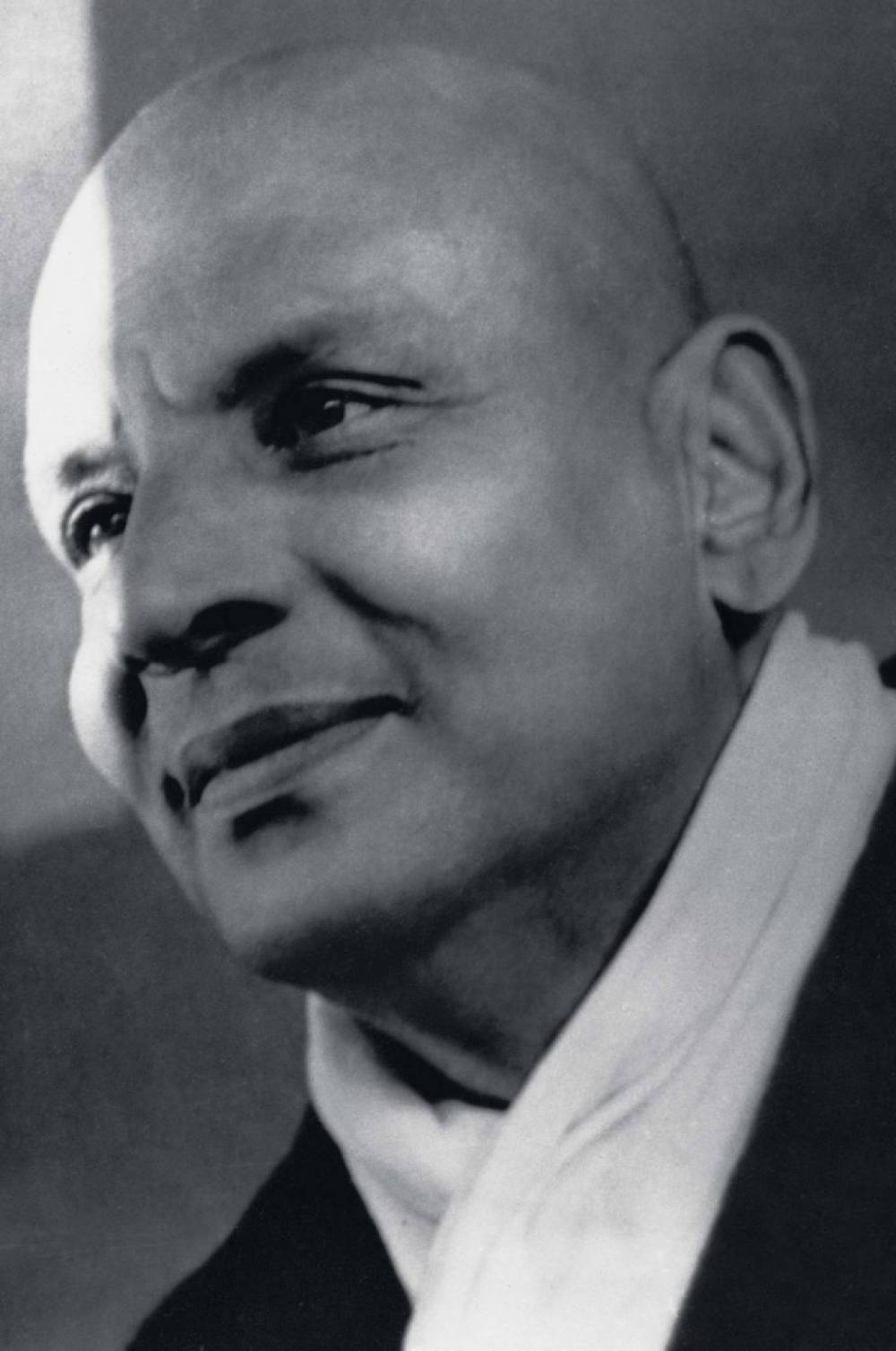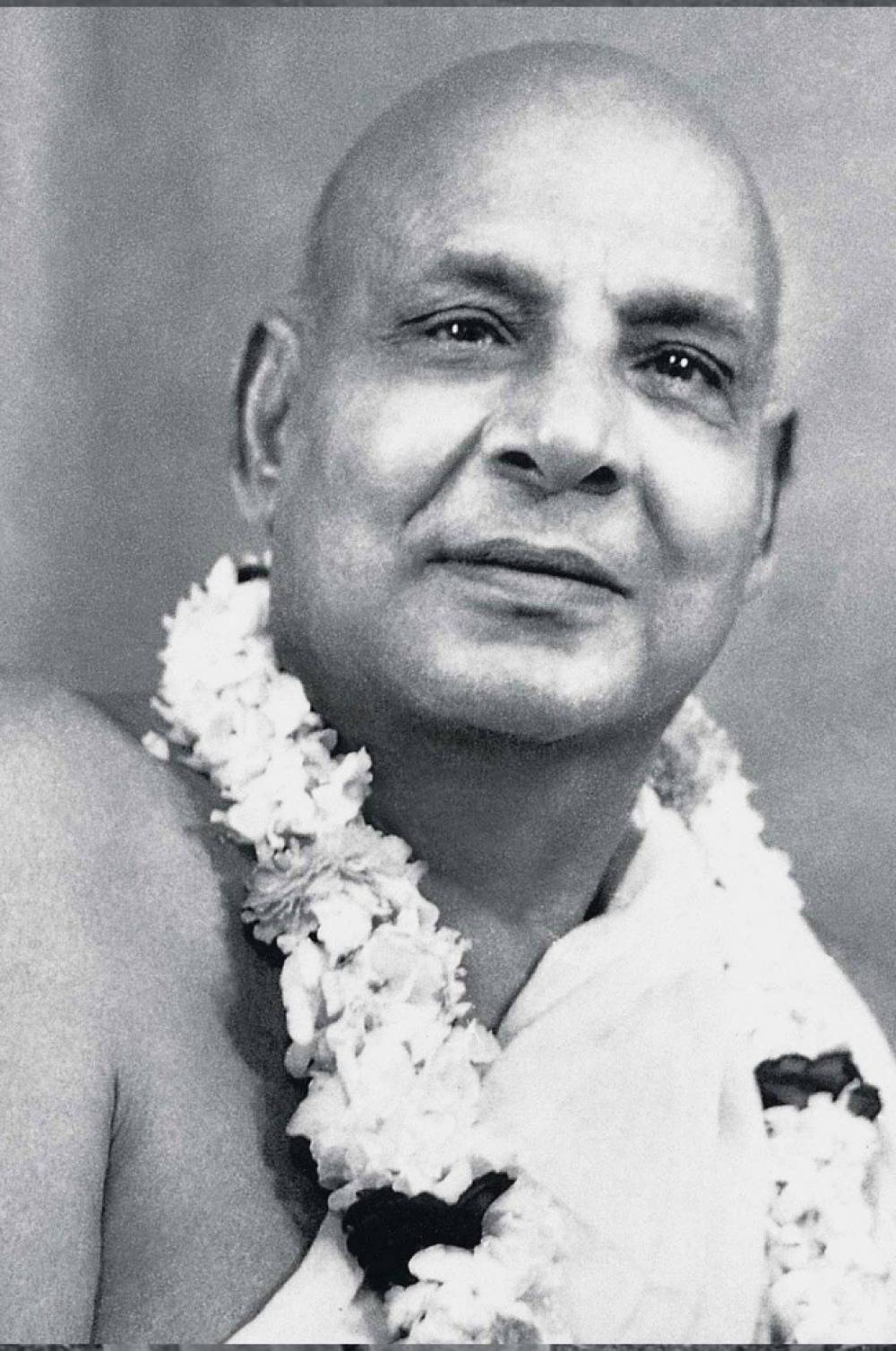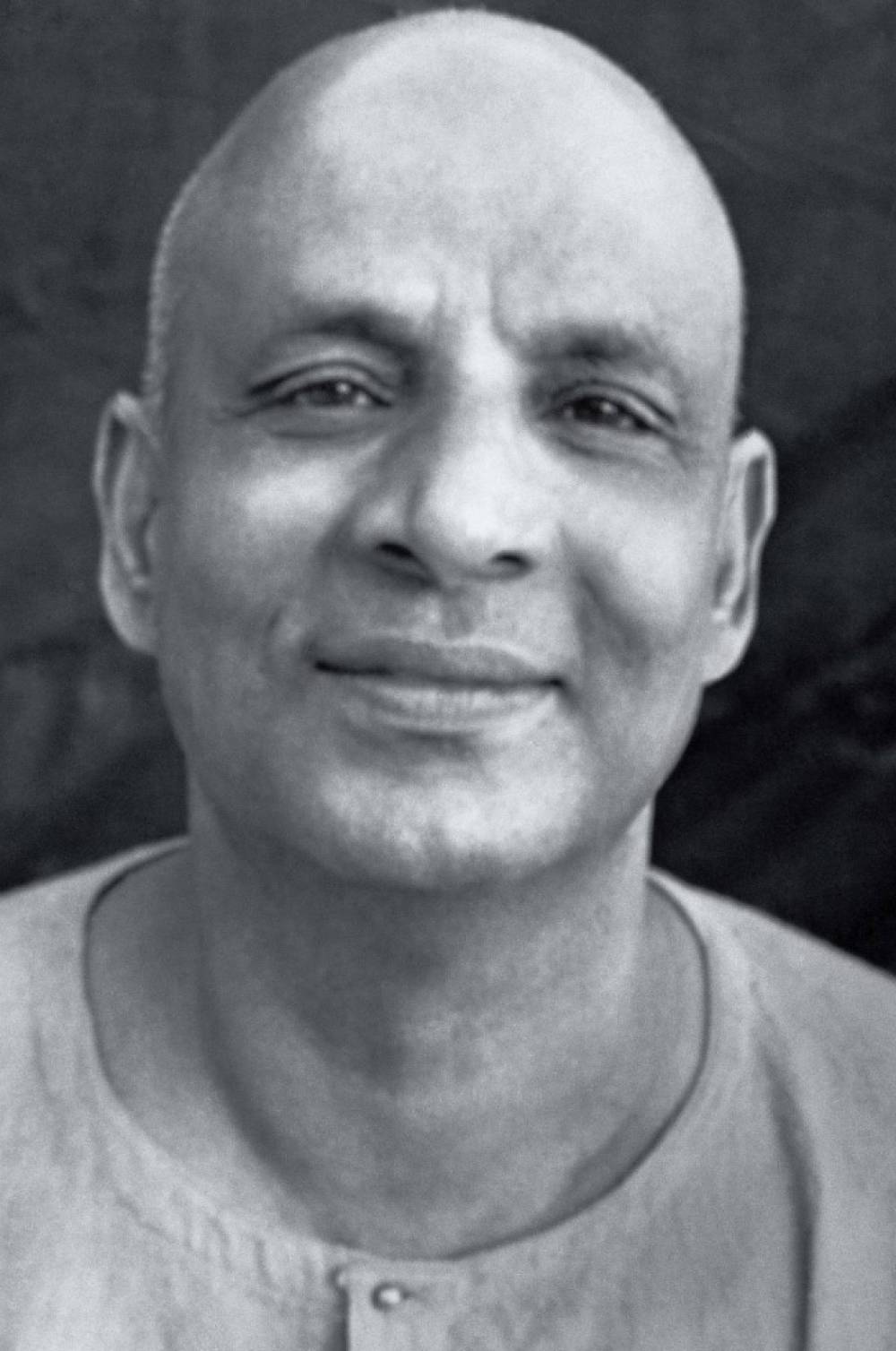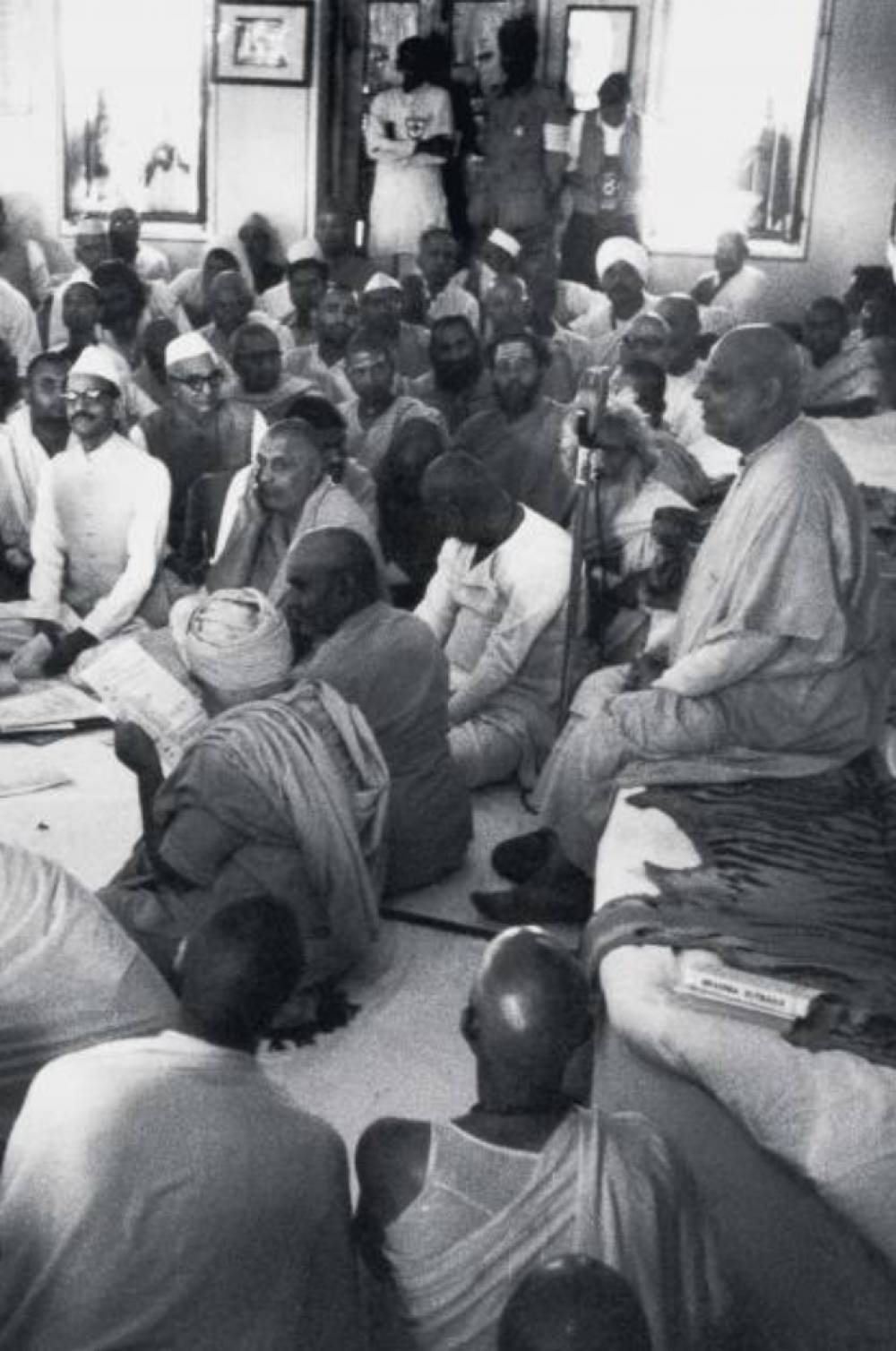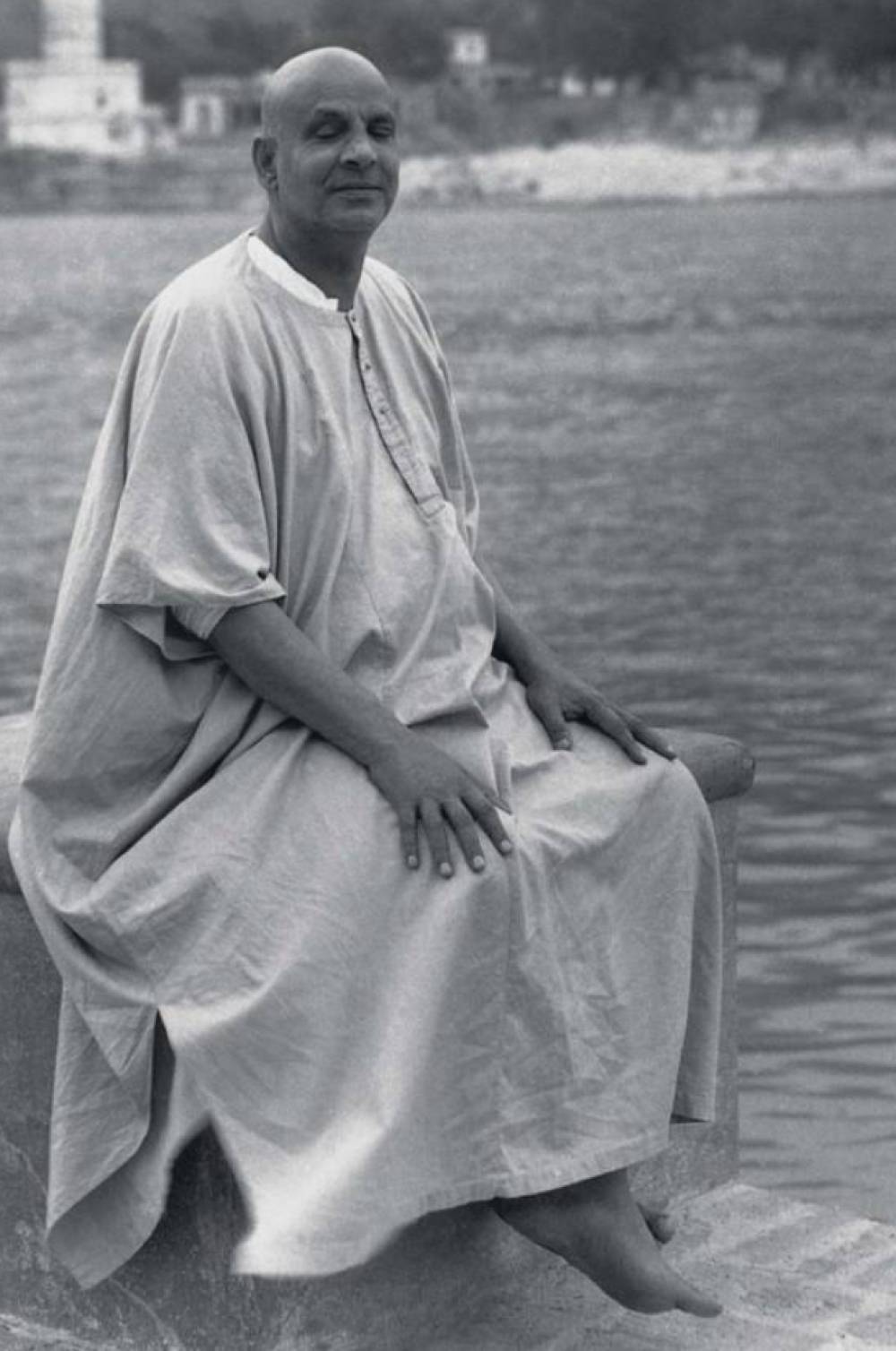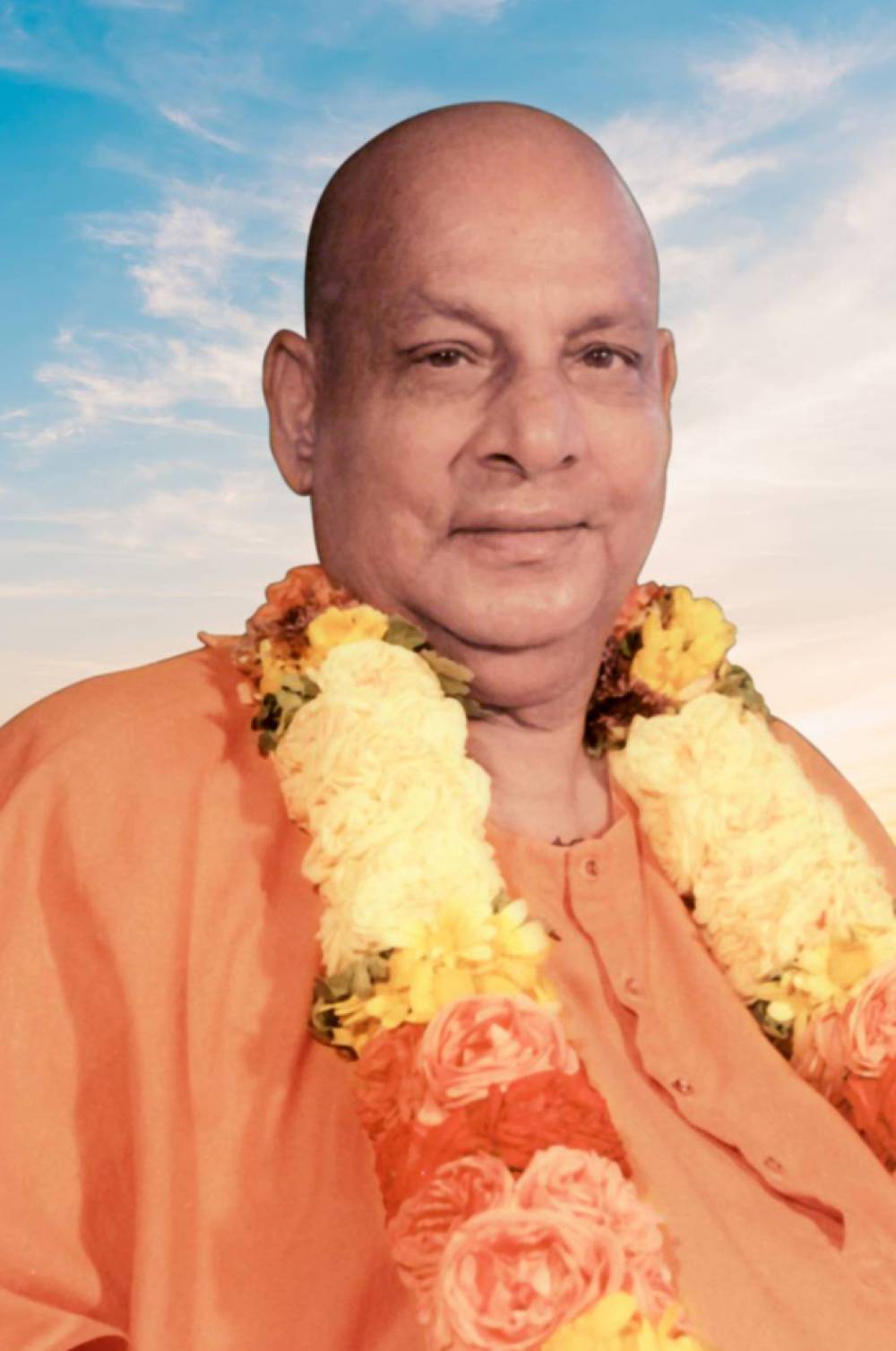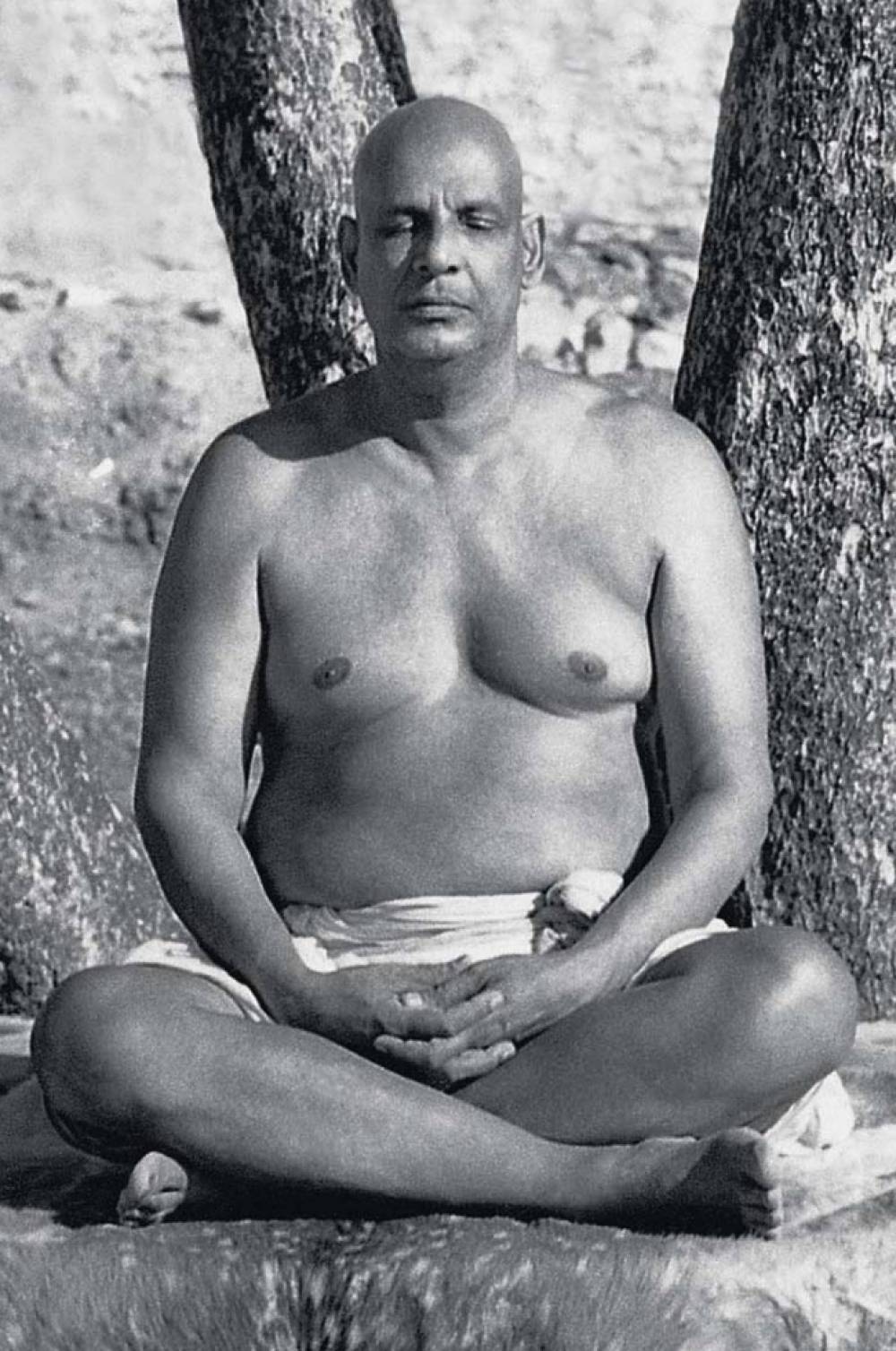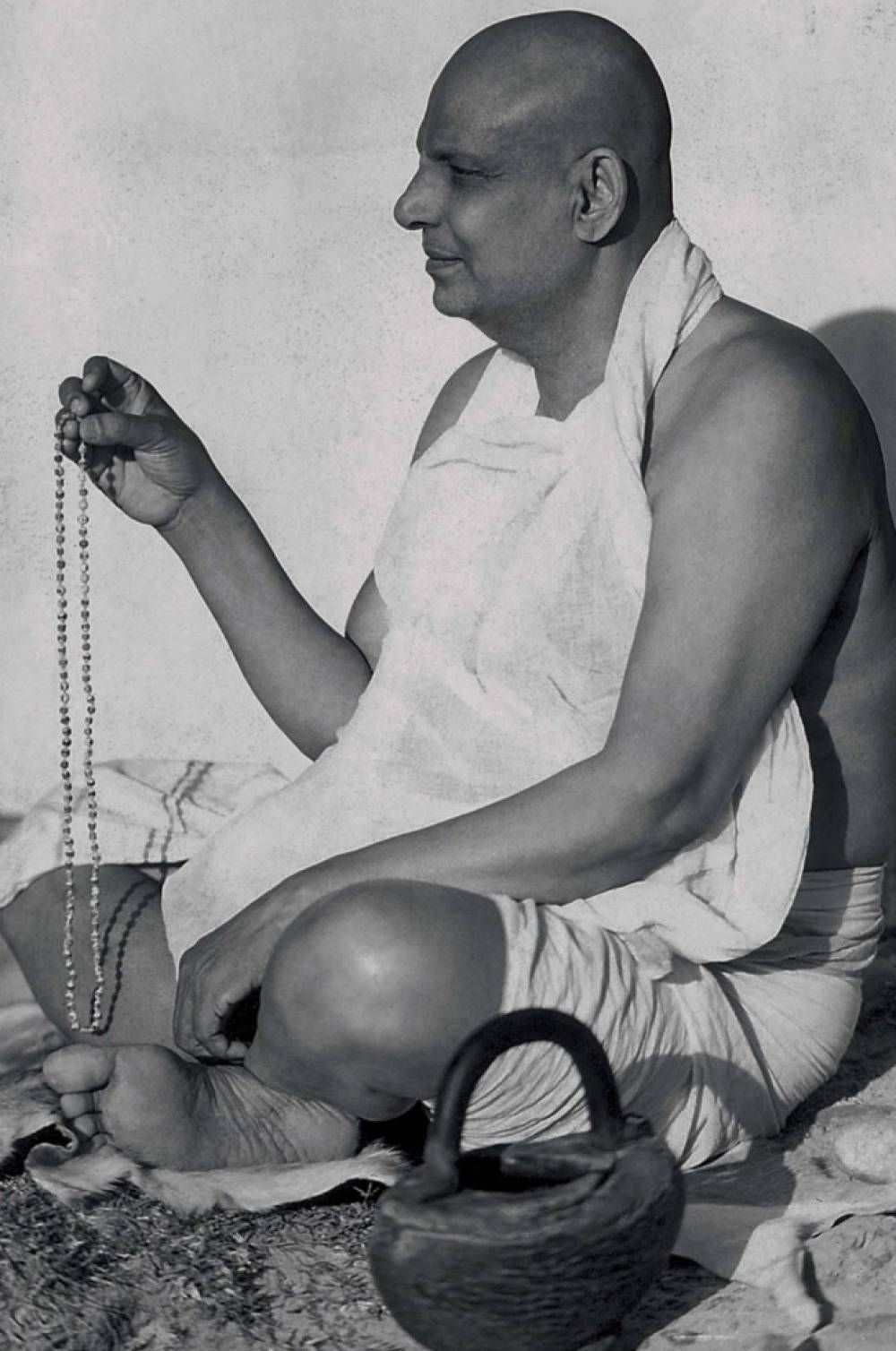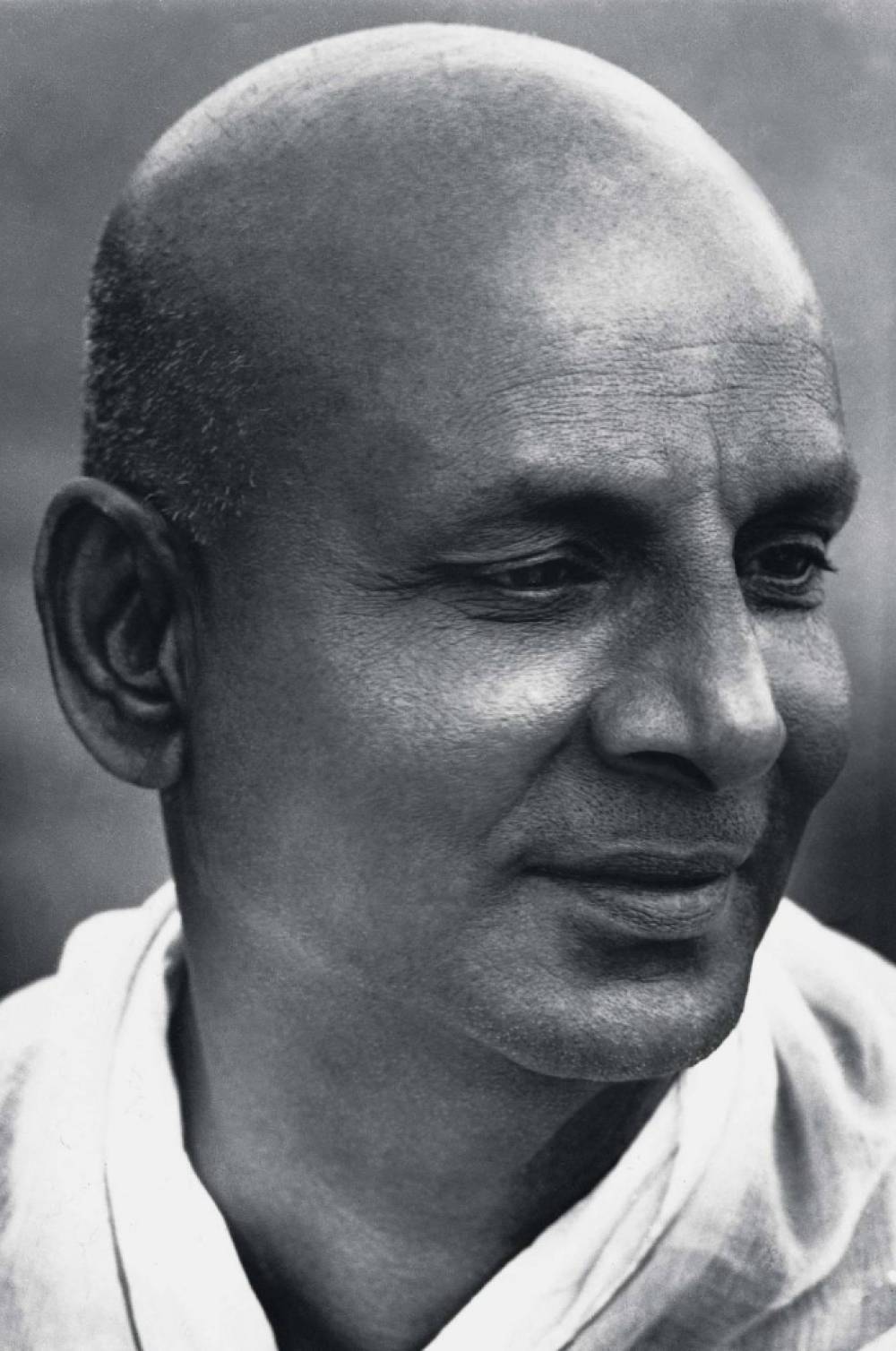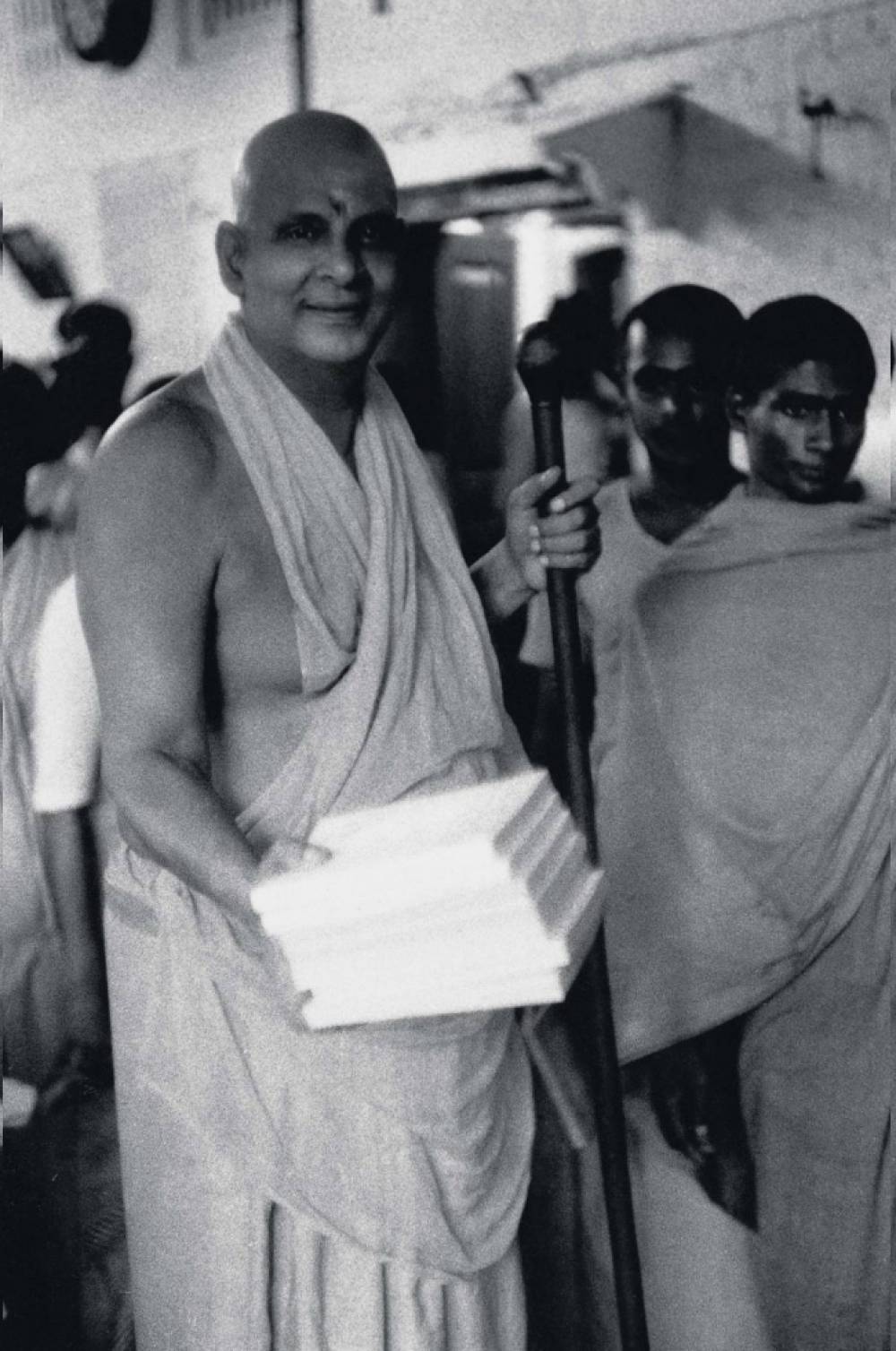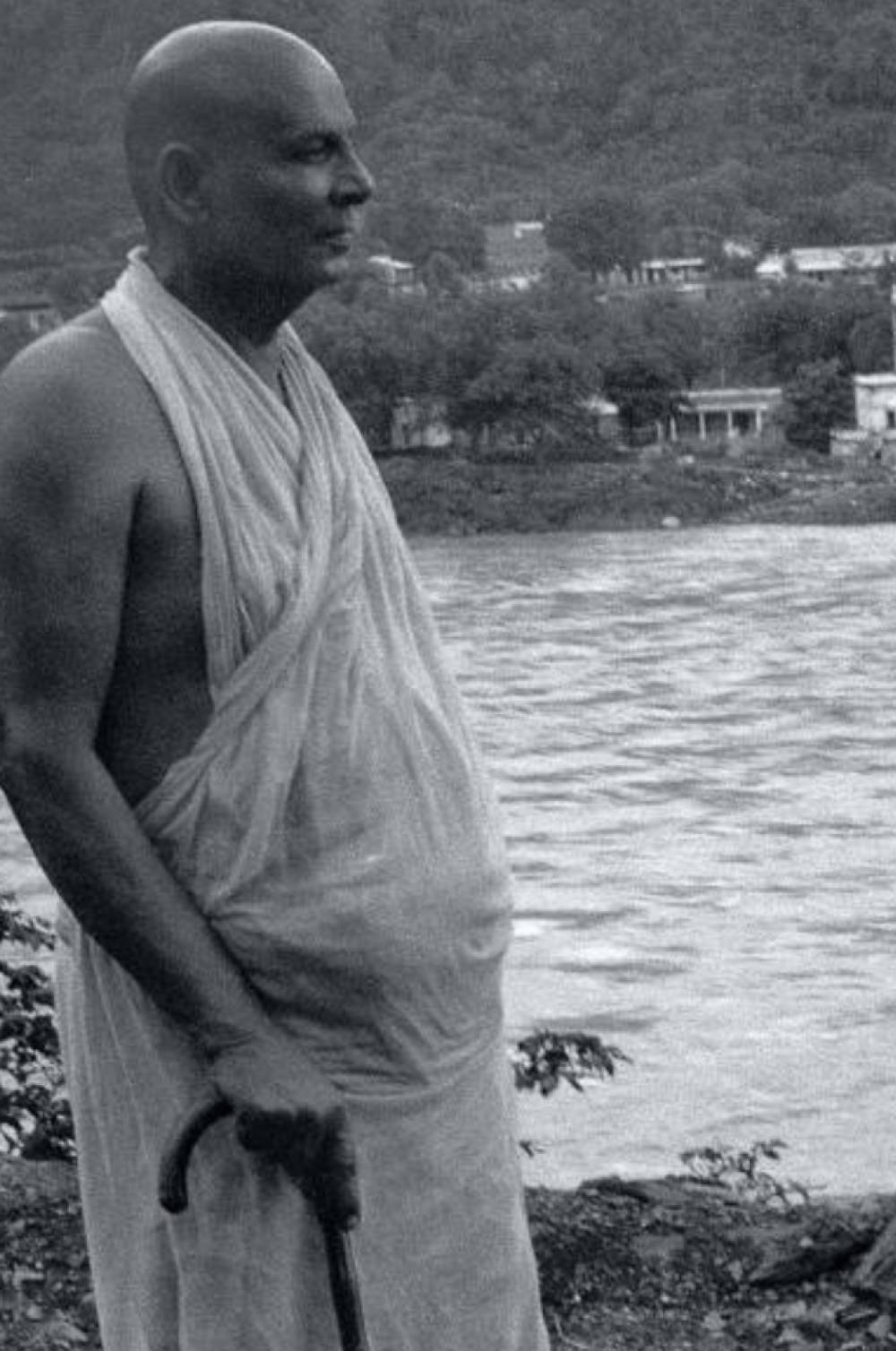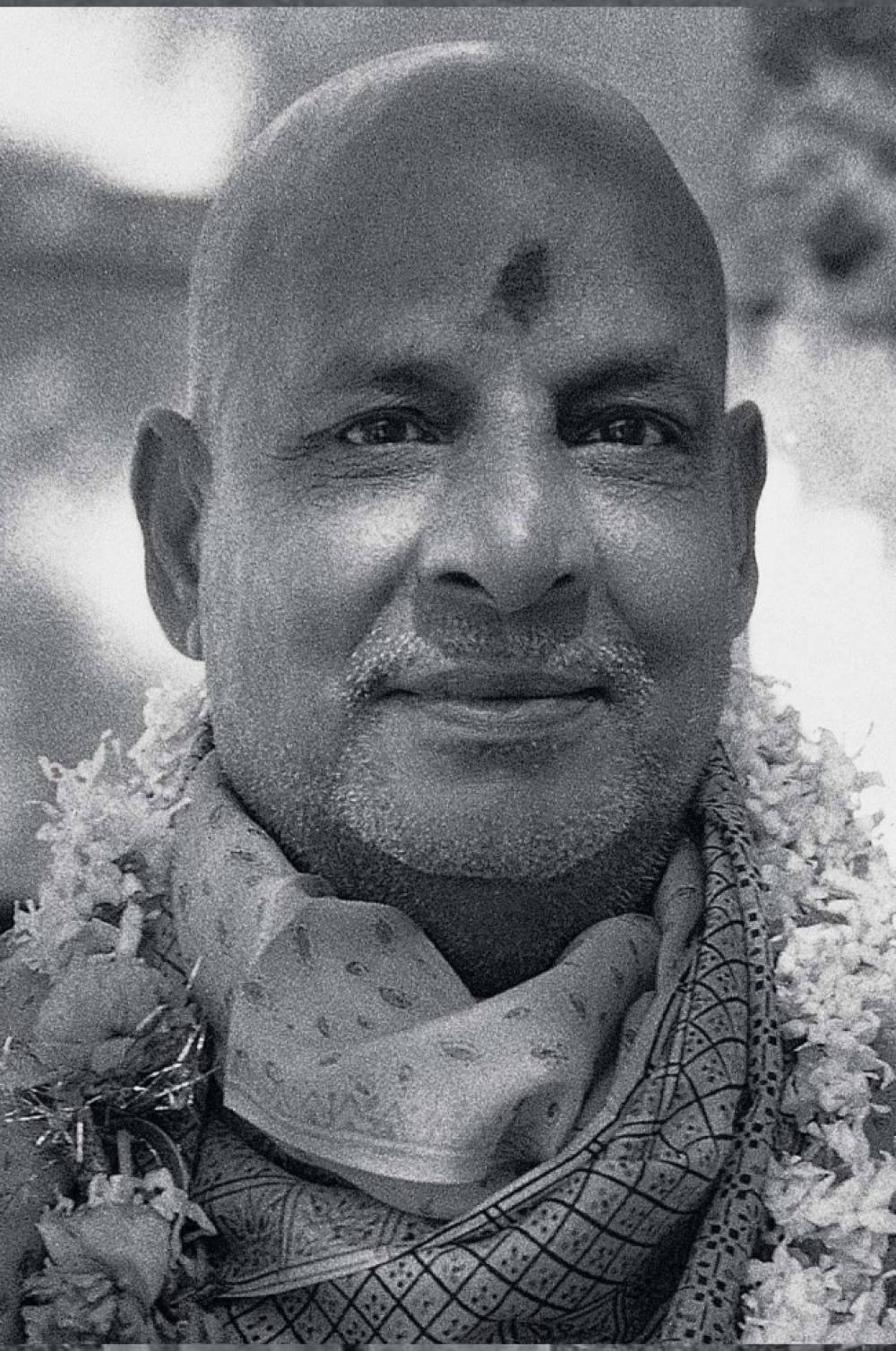THE NATURE OF THE INNER SELF
1. Self-consciousness is the ultimate category of existence.
2. The Ultimate Reality is the Mind of the mind, the Eye of the eye and the Ear of the ear.
3. The Atman is unspeakable and unthinkable.
4. The Absolute is the origin of life and the end of all things.
5. Brahman or the Atman is the Ultimate Reality. This world is a mere appearance.
6. The Inner Self governs all external existence.
7. Brahman alone is real; everything else is a modification.
8. God is the subtle essence underlying all things.
9. God is the salt of life.
10. The Atman is the highest object of desire and love.
11. Fear proceeds only from a 'second'.
12. Brahman and the real infinite "I" are identical.
13. God is the Verity of verities.
14. Everything is dear for the sake of Atman.
15. Grasp the Atman, you grasp all things; because all things abide in the Atman.
16. All things spring like sparks from the Supreme Self.
17. The Atman is the Ultimate Seer, Hearer and Thinker.
18. Nirakara, Nirguna, Nirvisesha, Nishkriya, are the negative attributes of Brahman.
19. The Seer sees and yet does not see.
20. Soul is the mover of the body-chariot.
21. The parts of man are centred in the Lord as spokes in the navel of a wheel.
22. God is the Time of time. He is the Lord of Yama. He is Death unto death itself.
23. The body is the slough of the Soul.
24. The Atman is beyond the known and beyond the Unknown.
25. Matter, life, mind, intellect and Bliss are forms of Brahman.
26. Brahman is the Devourer of the devourer.
27. God is both immanent and transcendent.
28. Atman is subtler than the subtle and greater than the great.
29. Atman moves in a sitting posture.
30. Atman is far off and near. It is far off to worldly persons and near to men of discrimination and dispassion.
31. Hiranyagarbha is the first-born of God.
32. The Atman is always the subject of knowledge and never the object.
33. The Supreme Soul lives apart from Prakriti, while the individual soul is caught in the meshes of Her love.
34. God is the magician and Prakriti is His magic power.
PREREQUISITES FOR SELF-REALISATION
35. Not to destroy or hurt life, not to lie, not to misuse others' property, purity, reduction of personal needs, daily worship and charity are aids to God-realisation.
36. Purity of food and body, one-pointedness, practice of the Presence of God, selfless service-all these lead to the quick attainment of God-realisation.
37. Five virtues that lead to supreme blessedness are truth, integrity, kindness, generosity and gentleness.
38. The ingredients of character are purity, non-violence, truthfulness, courage, humility, forbearance, serenity and simplicity.
39. The Atman cannot be attained by a life of weakness and error.
40. Cessation from sin and introversion are needed for Self-realisation.
41. Dispassion or disgust for the world and humility are necessary for Self-realisation.
42. Truth, penance, insight, aspiration and renunciation are indispensable for Self-realisation.
43. A man without desire attains Brahman and becomes immortal.
44. You should have contempt for wealth, progeny and fame in the interest of spiritual realisation.
45. Knowledge is incomplete without eschatological knowledge.
46. Purity of mind depends upon the purity of food.
PROCESS OF SELF-REALISATION
47. Meditation on OM removes the slough of sin.
48. OM is the representative of the various states of consciousness and the various aspects of the soul.
49. Spiritual fire is churned out of the two sticks of the body and the Pranava.
50. OM is the bow; the Soul is the arrow; Brahman is the mark or the target.
51. Meditate on Atman as Immortality.
52. The message of the Gita is Tyaga or renunciation; the message of the Mahabharata is Dharma or righteousness; the message of the Upanishads is the identity of the individual soul and the Supreme Soul.
53. If you lack wisdom ask God sincerely. He will give you. Go straight to wisdom
54. In quietness and confidence shall be your strength.
55. Walk towards the Light Divine. It is the way to immediate inner peace.
56. Tat Tvam Asi (Thou art That) is an ultimate definition of culture according to Indian philosophy.
57. Self-control means the control of the lower self by the higher Self for the realisation of the Self.
58. The aspiring Yogi experiences Eternal Day and Eternal Sunshine.
59. Meditate on Brahman as resplendence.
60. Meditate on Brahman as support, greatness, wisdom, bliss and existence.
61. If the worshipper of the Deity thinks that he is separate from the Deity he is a beast of the gods.
62. It is not possible to know the Knower, but you can realise the Knower (Atman) through Samadhi or intuition.
63. The spiritual life is a life of childlike simplicity.
64. Immortality means the union of the individual soul with the Supreme Soul.
65. When you are very thirsty you do not get books about thirst or water, you do not attend lectures or take courses of study. You go where there is water and drink. Even so a spiritually thirsty aspirant should ignore all theological controversies. He should take to meditation and realise God.
66. The spiritual fire should be generated day after day.
BEYOND GOOD AND EVIL
67. The Atman grows neither great by good actions, nor small by evil actions.
68. The wise sage grows neither great by good actions, nor small by evil actions.
69. Sin does not touch a sage.
70. The saint is an impenetrable rock.
THE WEB OF MAYA
71. Maya is of two kinds, viz., Avidya Maya and Vidya Maya. Avidya Maya takes you down the path of bondage and is characterised by lust, anger, greed, pride, hatred, etc.
72. The Vidya Maya takes you on the path of liberation and is characterised by discrimination, dispassion, devotion.
73. The Prakriti is made of red, white and dark colours.
74. Maya is an appearance. It is a semblance. It is the illusory power of God.
75. Man is a conglomeration of desire, will and action.
76. The elements welcome the soul and give him the experiences of this world of sensual objects and eventually give him a send-off when he attains perfection and freedom.
THE PHILOSOPHY OF SLEEP
77. Sleep occurs when the mind settles down on breath.
78. In sleep man is united with the Real or the Supreme Soul.
FAITH AND INTELLECT
79. The intellect is filled with devices and plans. It is the heart that can be filled with love, tranquillity, affection and kindness.
80. Faith in the love and goodness of God will comfort you and will give you solace and peace.
RESULTS OF SELF-REALISATION
81. Fear disappears after Self-realisation.
82. Resting in the fearless Brahman confers fearlessness.
83. There is no infatuation and grief for the man of Self-realisation.
84. There is an ignition point of the Soul. Man is transformed. His life is turned from its former worldly way into a new divine life. He is awakened spiritually.
ESSENCE OF VEDANTIC SADHANA
85. Vedantic Sadhana is otherwise known by the names Nirguna Dhyana, meditation on OM, Pranava Upasana or Brahma Upasana. Purify the Chitta by doing Nishkamya Karma for one year. The effect of Chitta Suddhi is the attainment of Viveka and Vairagya. Acquire the 4 qualifications or Sadhana Chatushtaya: Viveka, Vairagya, Shad-Sampat and Mumukshutva. Then approach a Sat Guru. Have Sravana, Manana and Nididhyasana. Study carefully and constantly 12 classical Upanishads and the Yoga Vasishtha. Have a comprehensive and thorough understanding of the Lakshyartha or indicative (real) meaning of the Maha Vakya "Tat Tvam Asi." Then, constantly reflect over this real meaning throughout 24 hours. This is Brahma Chintana or Brahma Vichara. Do not allow any worldly thoughts to enter the mind. Vedantic realisation comes, not through reasoning but through constant Nididhyasana, like the analogy of Bhramarakeeta Nyaya (caterpillar and wasp). You get Tadakara, Tadrupa, Tanmaya, Tadaikyata, Talleenata (Oneness, identity).
86. No Asana is necessary for Vedantic Sadhana. You can meditate while talking, standing, sitting, lying in an easy chair, half reclining posture, walking and eating.
87. Generate the Brahmakara Vritti from your Sattvic Antahkarana, through the influence of reflection of the real meaning of the Maha Vakyas "Aham Brahma Asmi," or "Tat Tvam Asi." When you try to feel that you are Infinity, this Brahmakara Vritti is produced. This Vritti destroys Avidya, induces Brahma Jnana and dies by itself eventually like the analogy of Nirmal seed or strychnos potatorum which removes sediment in the water and itself settles down along with the mud and other dirty matter.

